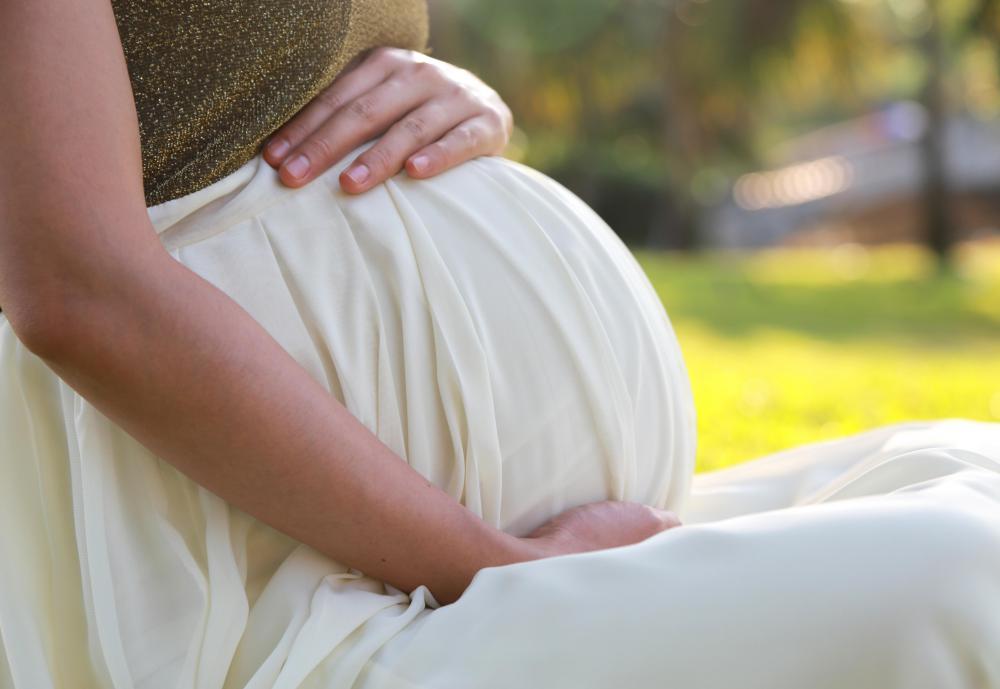At TheHealthBoard, we're committed to delivering accurate, trustworthy information. Our expert-authored content is rigorously fact-checked and sourced from credible authorities. Discover how we uphold the highest standards in providing you with reliable knowledge.
What is a Multiple Gestation?
Multiple gestation, or multiple pregnancy, occurs when two or more fetuses are conceived at the same time in the same woman. It can be differentiated from the term "multiple births" because it refers to the conception of the fetuses, and may or may not result in the live births of multiple babies. In some cases, the woman’s body may naturally reduce the number of fetuses present, or a woman may decide to reduce the number due to the health risks associated with multiple gestation.
With multiple gestation, the fetuses are either monozygotic or dizygotic. Monozygotic means that, during conception, the sperm fertilizes one egg, which will later split into two or more developing embryos. These types of siblings are genetically identical and almost always the same sex.

Dizygotic multiples occur when a woman’s body releases several eggs, and those eggs are each fertilized by different sperm. The resulting fetuses are fraternal siblings, and are not identical. Fraternal twins or triplets are typically only as similar to one another as other regular siblings.
Several factors may increase the chance of multiple gestation. There is a higher rate of occurrence with use of fertility drugs or treatments, such as in vitro fertilization. Multiple gestation is also more likely to occur in older women, or in those who have a family history of multiple births.

With this type of pregnancy, the mother is faced with some extra considerations. She typically has to eat more than if she was carrying a single baby. The expectant mother may also experience more discomfort due to extra weight gain, and also because her uterus becomes larger than that of a typical pregnant woman.
There are added risks associated with multiple gestation. The mother is more likely to develop hypertension or gestational diabetes, and she may experience more nausea and vomiting throughout pregnancy. During delivery, there is also the danger of prolonged labor and excessive bleeding. These mothers are also more likely to deliver by cesarean section than by vaginal birth.

Multiple gestation is also more likely to cause premature birth, which can result in even more complications. Babies born preterm are likely to have a lower birth weight, and could have developmental problems or serious health issues. In particular, cerebral palsy is more common among twins, triplets, and other multiples.
A mother who is carrying two or more fetuses should expect more medical supervision and specialized prenatal care. It may be necessary for the mother to attend more frequent visits with her doctor, or to receive additional tests. While multiple gestation may be more complicated than single births, the majority of outcomes are positive.
AS FEATURED ON:
AS FEATURED ON:















Discuss this Article
Post your comments